Stroke remains one of the most urgent medical emergencies, a crisis that can strike anyone, anywhere at any time. When blood flow to the brain is disrupted, millions of brain cells begin to die within minutes, leaving survivors to grapple with lasting consequences such as paralysis, speech impairment or cognitive decline. Each minute lost can mean a lifetime changed.
Today, advances in rapid diagnostics, streamlined hospital workflows, and rehabilitation technologies are transforming how clinicians respond to stroke emergencies. Across the globe, improved stroke-care pathways are helping doctors not only save time but also use it more effectively, shifting neurology from reactive treatment to proactive, time-sensitive care that prioritises immediate intervention.
A stroke can destroy nearly two million brain cells every minute if a major artery is blocked, underlining the urgency of early diagnosis and treatment. Indian studies show that improvements in imaging and triage protocols have reduced treatment initiation times by up to 27% and overall care delays by nearly 40%.
Yet, with an estimated 1.8 million new strokes occurring each year and fewer than two neurologists per 100,000 people, India faces a critical shortage of specialists. The challenge now is building systems that make timely, high-quality stroke care accessible to all because in stroke management, every minute truly counts.
Highlighting the severity of the condition, Dr. Neha Kapoor, Associate Director & Head-Neurology, Asian Hospital. said, “Around 12 million people have a stroke each year, according to the World Stroke Organisation (WSO) with one in every four adults over the age of 25 experiencing one at some point in their lives. It is no longer confined to the elderly as more than 62% of all strokes occur in persons under the age of 70, with 16% affecting those under the age of 50.
Back home, strokes affect roughly 1.8 million people each year with the incidence rising among young adults. However, the good news is, many strokes are preventable and treatable. Recognizing symptoms and acting quickly is key to recovery and preventing lifelong disability.”
Impact Shorts
More ShortsTime lost is brain lost
When a stroke strikes, every minute without treatment kills 1.9 million brain cells pointed Dr. Madhukar Bhardwaj, Director & HOD - Neurology, at Aakash Healthcare. “The longer a person has a stroke, the more likely they are to become incapacitated or die. Acting quickly is critical to survival and rehabilitation.
The warning signs of a stroke can be referred as BEFAST, where B is for balance. One of the earliest indicators of a stroke is the inability to walk properly or the loss of balance. E stands for eyes; if you have had a stroke, you may have difficulties seeing clearly or have double vision. F refers to face; your face droops to one side; A is for arms; difficulty lifting one of your arms; and S is for speech; slurred speech or inability to talk. T stands for time.”
Preventing Stroke Through Healthy Living
While some risk factors, such as age or heredity, cannot be changed, the majority of strokes can be prevented by adopting a healthy lifestyle. A sedentary lifestyle coupled with a poor diet and chronic conditions like diabetes and high blood pressure (hypertension), increases the risk of stroke. Smoking and excessive alcohol consumption also add to the damage. Studies show that up to 80% of strokes can be prevented by treating these risk factors.
Emphasizing the role of a healthy lifestyle, Dr. Aakaar Kapoor, CEO and Lead Medical Advisor at City X-Ray and Scan Clinic said, “a healthy lifestyle is a game-changer to reduce the risk of stroke. This includes striking the right balance with what and how much you eat. A diet low in saturated fats, trans fats, and cholesterol, and high in whole grains, fruits, and vegetables, can reduce blood pressure and cholesterol levels, decreasing the risk of stroke.”
In addition to a healthy diet, it is equally essential to engage in regular physical exercise, such as brisk walking, swimming, or cycling, promotes good weight management, decreases blood pressure, and enhances cardiovascular health.
Also, it is important to steer clear of vices - smoking dramatically raises the risk of stroke by weakening blood vessels, raising blood pressure, and speeding plaque accumulation in arteries. Excessive alcohol use can cause high blood pressure and weight increase, both of which are risk factors for stroke.”
Echoing similar views, Dr Shivraj Hunge, Consultant - Neurology, Jupiter Hospital, Pune, said, “lifestyle diseases like high blood pressure are a major risk factor for stroke. Regular monitoring and maintaining it under control by diet, exercise, and medication, drastically reduce stroke risk.
Diabetes is another significant risk factor for stroke that can damage blood arteries over time, increasing the risk of clot formation and restricting blood flow to the brain. Maintaining appropriate blood sugar levels with a balanced diet, exercise and medication can help prevent strokes.”
Making these lifestyle adjustments reduces the chance of stroke and boosts overall well-being, resulting in a better and more rewarding life.
Dr. Rajul Aggarwal, Director- Neurology, Sri Balaji Action Medical Institute, Delhi, said “In Stroke management one of the biggest challenges is not about what to do, it’s all about when we do it . The brain is regarded as one of the most unforgiving organs when it comes to delays. Each and every minute without any action leads to loss of million neurons. That is the main reason our focus is on precision and preparedness.”
“With the help of structured protocols and real time alerts, our stroke team is always active even before the patient reaches the hospital. This kind of readiness—24 hours a day, 365 days a year—ensures that we are not just saving time, but saving lives with every second we gain.”
Dr. Mukund Agrawal, Associate Consultant (MD-Pediatrics, DM-Neurology), Regency Hospital, Gorakhpur said “Clinical Intuition remains significant- but now we suspect a large-vessel occlusion, our protocols allow near-real-time confirmation of infarct area, mismatch regions and risk of bleed. This also somewhere provides confidence to act decisively especially in critical cases where hesitation cost the brain tissue.”
Once the phase of acute emergency is over, the journey of rehabilitation becomes more critical. Modern rehab somewhere combines functional assessment, active early mobilisation and tailored therapies in order to maximize the mobilisation.
He added: “We often observe the quality of patient limb movement, not just the quantity. How smoothly they are recovering, how consistent their effort is and all these factors inform the next day therapy plan. It’s akin to having a personalised recovery coach designed by neurological science.”
As India’s stroke infrastructure evolves, these modern care pathways are not just saving minutes—they’re redefining what recovery means.
Dr. Amol Sudke, Consultant Neuro Science Department, White Lotus International Hospital and Research Centre, Mumbai , comments: “A stroke patient does not always need a quick treatment, they need hope. A prompt diagnosis might detect the clot within the short span of time, but it is the neurologist who helps to restore the trust with the patient and family in those first ten minutes.”
“The future of stroke care is not man vs machine, it’s man and system working together.” In a world where time equals neurons, the gift neurologists are reclaiming is time itself—time to intervene, to heal and to restore life.”


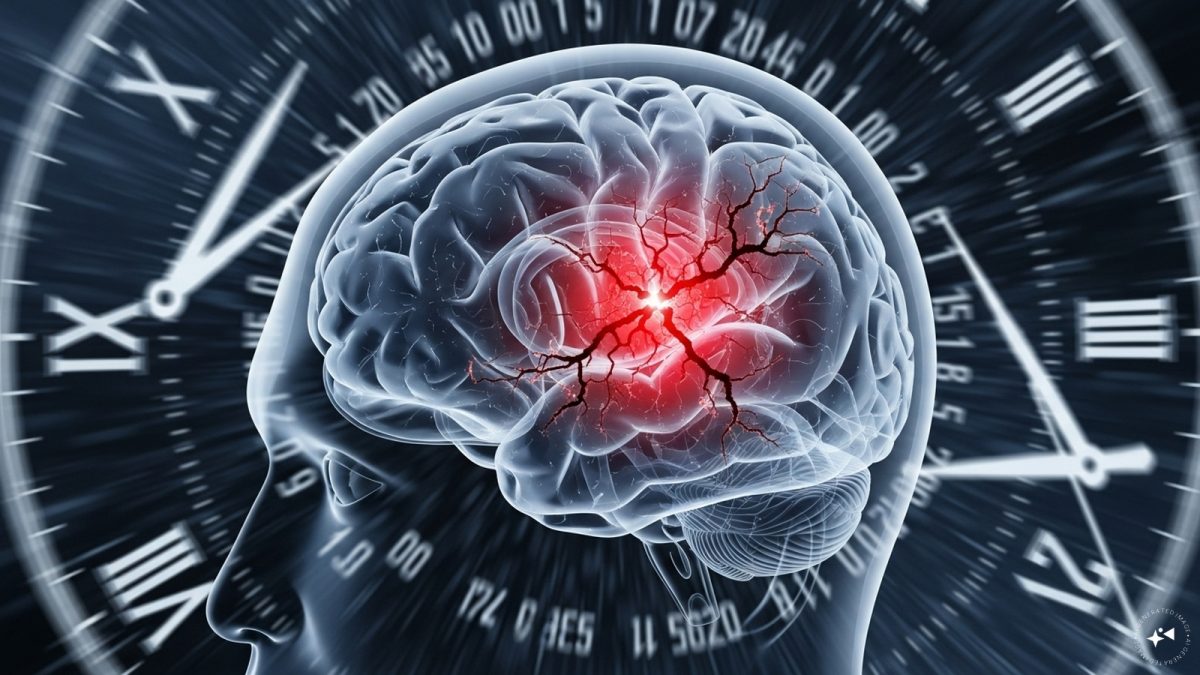)
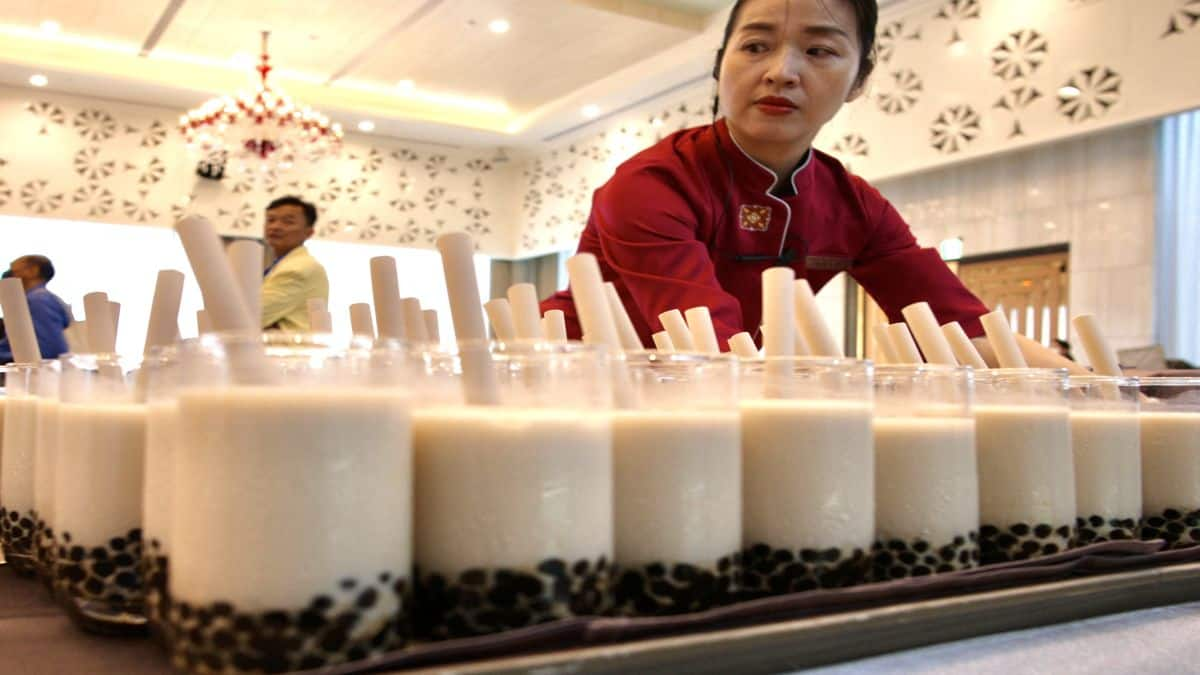
)
)
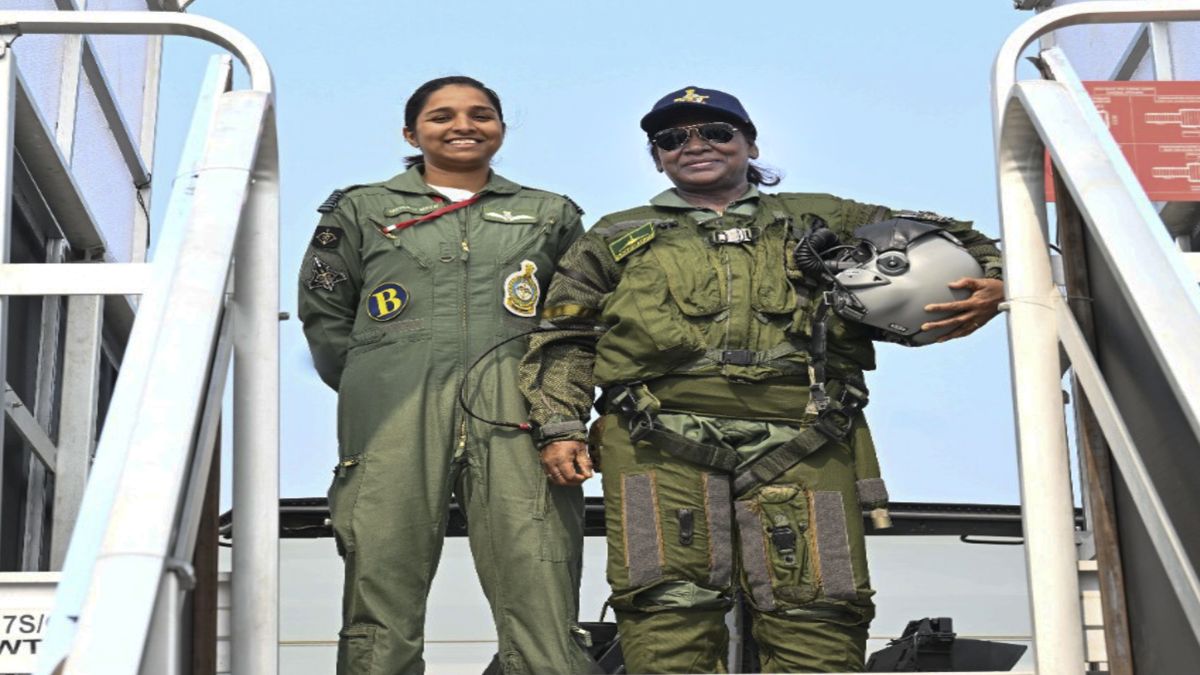)
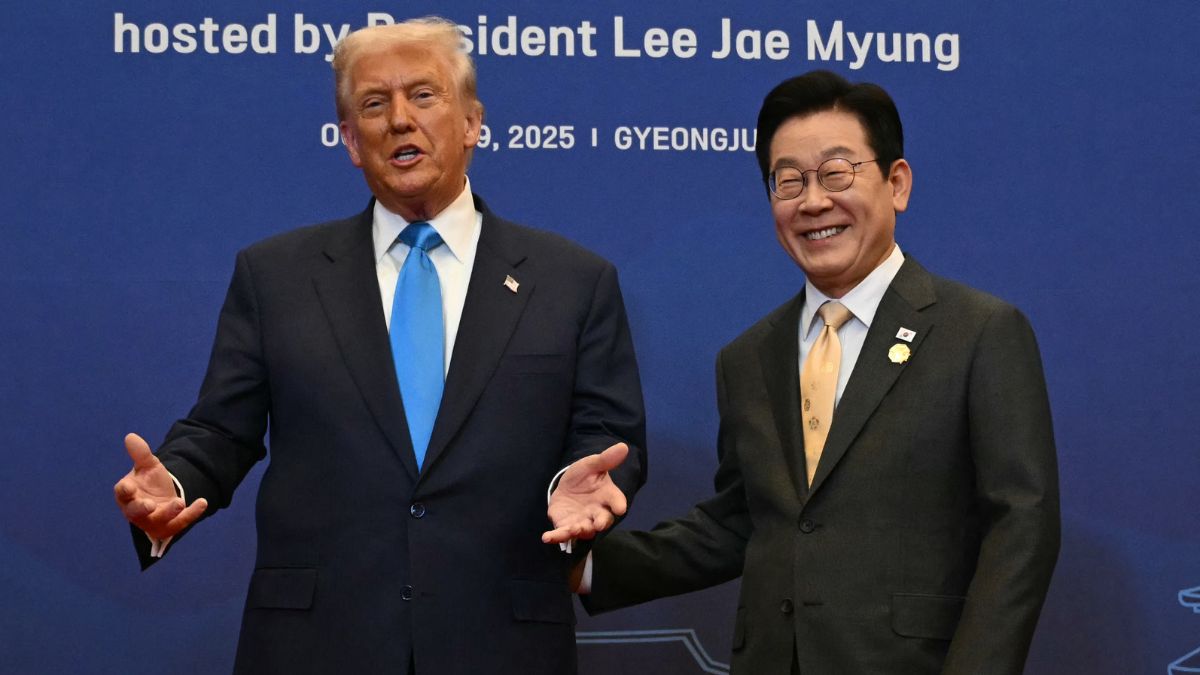)
)
)
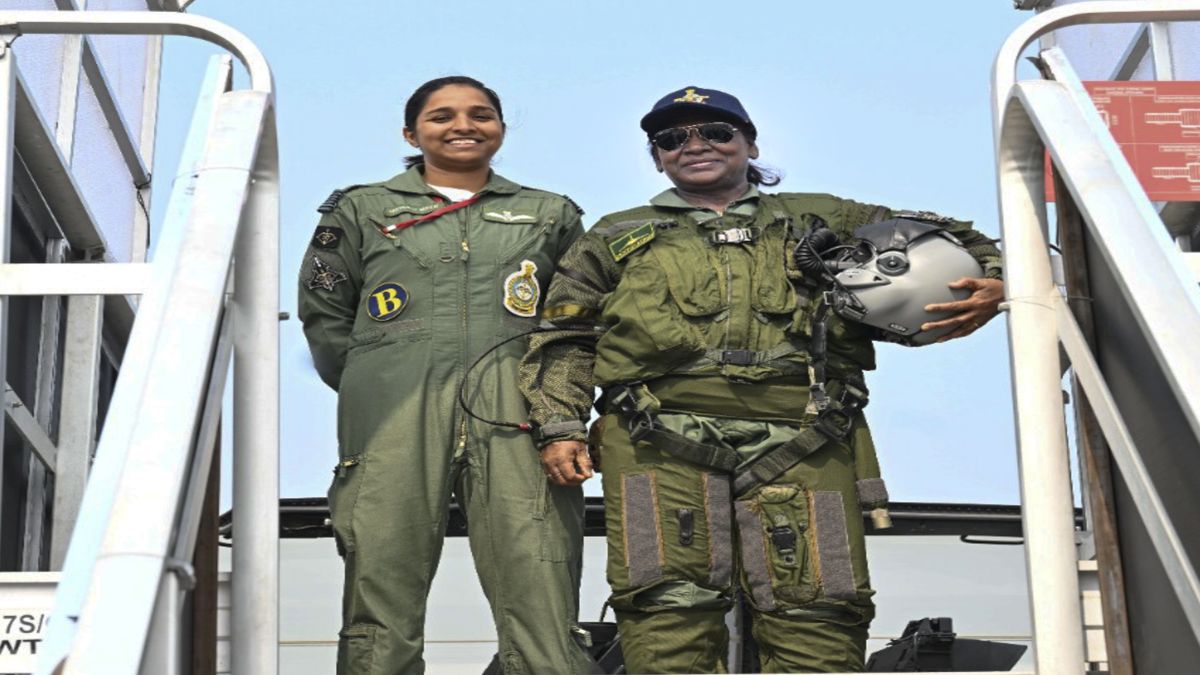)
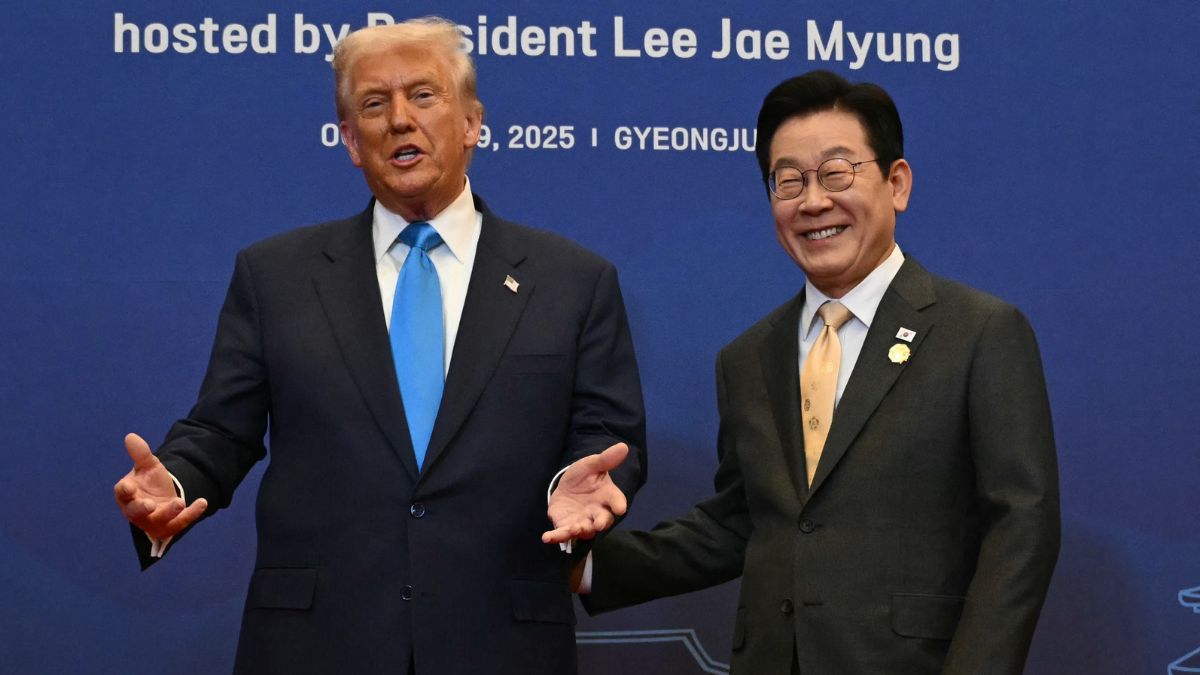)



